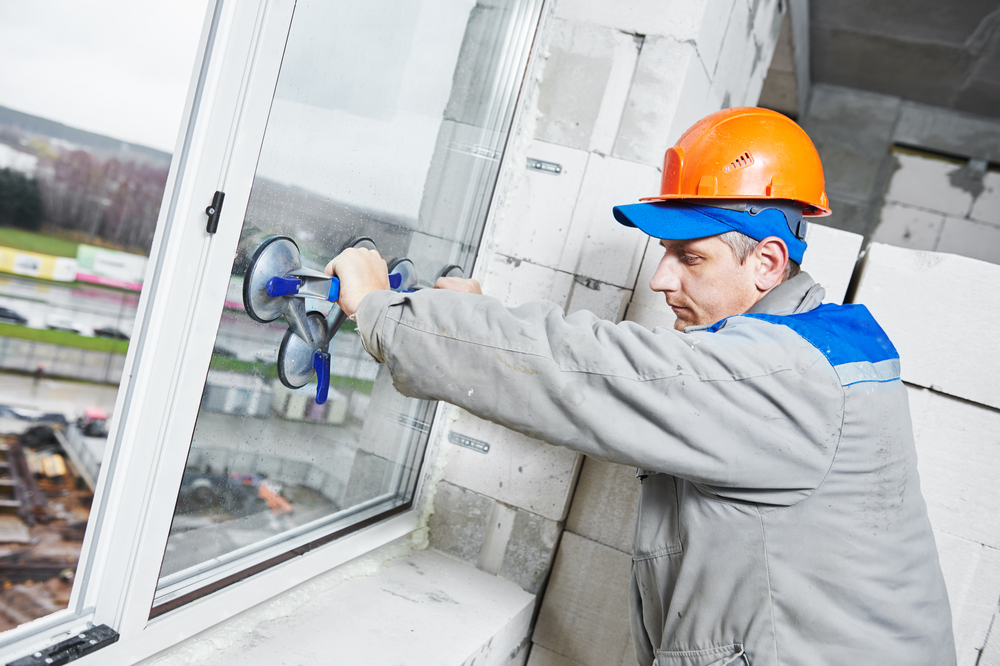Unless you have been living under a rock for the last 20 years, you will be aware that double glazing is more energy efficient than single glazing.
It keeps heat inside your home more effectively and reduces the amount that you need to spend during the winter months to keep the property at a comfortable temperature.
But why? It is common knowledge that double glazing installation is one of the best home upgrades that you can make but how exactly does this technology work and why is it as effective as it is?

In this article we will look at the science behind the statistics and examine the reason why double glazing is so great at preventing heat transfer.
Why is double glazing more energy efficient than single glazing?
The basic concept behind double glazing is not hard to grasp. Put an extra layer of glass between you and the cold air outside your home and it will take longer for it to reach you, and for the warm air inside to escapes.
In the UK, the benefits of double glazing in preventing heat transfer have always been felt the most during the winter months but these units are just as effective at keeping us cool in the summer, something that is becoming more and more important with each passing year.
It is not the glass alone that makes double glazing such a big upgrade either. The gap between the two panes is usually filled with an argon gas or similar substance renowned for its ability to prevent heat transfer.
Modern units from expert manufacturers may also be fitted with any number of other energy saving features such as energy reflecting glass or thermos-spacer bars.
If you are comparing double glazed windows looking for your next home investment you might be wondering if there is any difference between them in terms of energy efficiency.
The answer is that there absolutely it, and this difference is measured in something called U-Values. U-Values are the measurement used to judge the effectiveness of a certain material at preventing heat energy from passing through it.
The lower the U-Value is, the most effective that surface is at stopping heat transfer. When searching for your new windows it is, therefore, recommended that you look for the windows with the lowest possible U-Value. This will help to future proof your home for the years to come and ensure you are comfortable whatever the temperature outside.
What about triple glazing?
All the same features of double glazing exist within triple glazed windows, with the addition of a further layer of glass and argon gas. If you are serious about maximising your home’s energy efficiency you may well decide that your next set of windows and doors will be triple glazed rather than double glazed. For more information on triple glazing or to arrange a free home energy survey, get in touch with a local professional triple and double glazing Dundee company today.